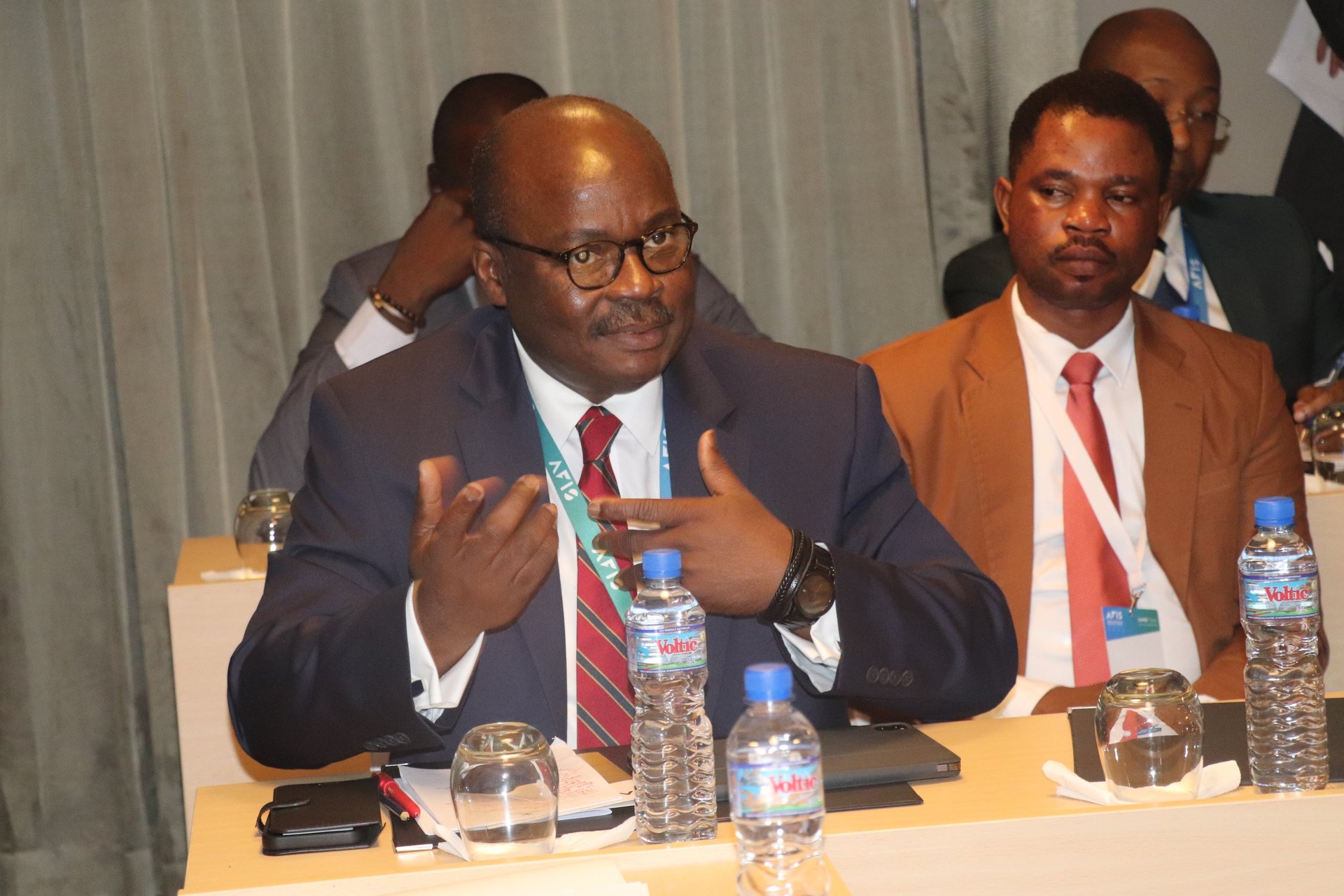How Ghana plans to tame runaway inflation
The Bank of Ghana hopes fiscal consolidation policies proposed in the 2023 budget will help the currency stabilize and achieve deflation.

The central bank of Ghana remains hopeful that the rampant inflation that has ignited demonstrations across the streets of the capital Accra, can be tamed by early 2023.
Blaming the International Monetary Fund’s lack of “responsiveness” in a $3 billion debt negotiation, the Bank of Ghana governor Ernest Addison told delegates at the Africa Financial Industry Summit in Togo that “there is some light at the end of the tunnel.”
Coupled with what he termed “spill-over effects” from the war in Ukraine, the delayed economic revival from the pandemic, and the country’s inability to borrow from the international financial community, the economy was unable to withstand shockwaves, Addison said. The IMF has however said that Ghana’s economic woes are driven more by domestic factors than external ones.
Ghana’s inflation has been rising uncontrollably, from 11% (pdf) in October last year to 40.4% 12 months later. The Ghanaian cedi has lost 57% of its value this year, hitting a 22-year low.
The central bank, he said, is now looking into the 2023 budget and local financial tools to bring down the runaway rise of the prices of goods and services and stabilize the currency, amid pressure from the public and opposition leaders.
“But if we’re able to deal with our fiscal problems, for instance, through our budget, we’ll give some breathing space to manage the currency better. By the end of the year we hope to reach some agreements and help the currency appreciate [in 2023],” Addison said.
What the budget proposes
The 2023 budget (pdf) proposes an increase of value added tax rate from 12.5% to 15%, with the income tax regime expected to undergo reforms in 2023 to include a review of the upper limits for vehicle benefits and the introduction of an additional income tax bracket of 35%.
While reading the budget on Nov.24, Finance minister Ken Ofori-Atta said the government will initiate measures to overhaul the tax structures in the extractive industry and enforce compliance with the legal and regulatory framework on foreign exchange.
As part of the the fiscal consolidation process, Ofori-Atta announced a reduction in the threshold on earmarked funds from the current 25% to 17.5% and increased the budget on school feeding payment by an additional $9.8 million in 2023.
“[The government will] continue with 30% cut in the salaries of the president, vice president, ministers, deputy ministers, MMDCEs (Metropolitan, Municipal and District Chief Executives), and political office holders including those in State-Owned Enterprises,” he said.
The budget also places a cap on salary adjustment of state owned enterprises to be lower than negotiated base pay increases each year, while negotiating public sector wage adjustments within the context of burden sharing and ability to pay.
“In line with the debt management strategy for 2023, treasury bills will be issued mainly for the purposes of cash and liquidity management. The strategy also proposes building up buffers to reduce Government’s exposure to volatilities from debt markets,” Ofori-Atta said.
It is such measures that the government is banking on to ease the cost of living in the country, which is already forcing thousands of citizens to think of fleeing the country.
Despite the central bank’s move to raise the lending rate to 24.5% in October, and claims that its engagement with the IMF has been positive, inflation keeps rising.
Overdependence on foreign markets is hurting Ghana
To avoid such financial situations, John Rwangombwa, Governor of the National Bank of Rwanda advised African countries at the summit to desist from relying on foreign capital markets to stabilize local economies.
“What can we do as Africans to help ourselves out of these situations? Why borrow from foreign markets with a lot of restrictions? The global capital markets look at Africa as a high risk market, we just need to put our house in order,” Rwangombwa said.
Bank of Zambia governor Denny Kalyalya said some political change is sometimes necessary to change the fortunes of any economy.
“We were struggling before the new government came in. When the window of change came to our country, we saw many investors come to our country and that helped the Kwacha improve,” he said. Zambia’s Kwacha is Africa’s best performer against the dollar.